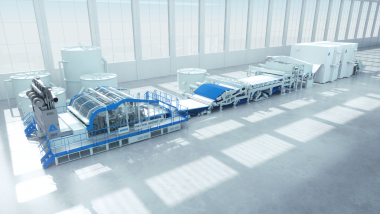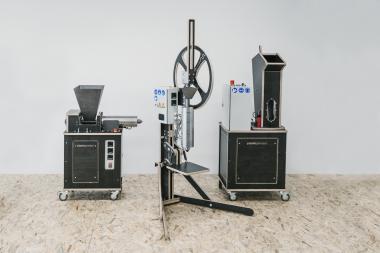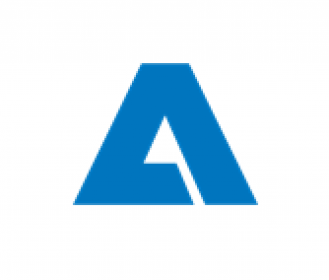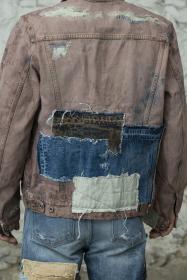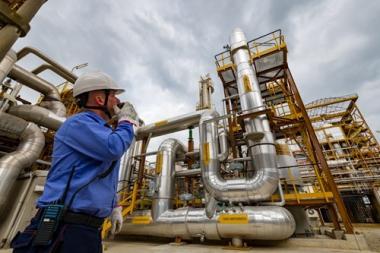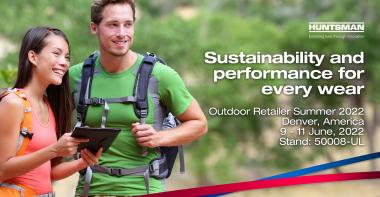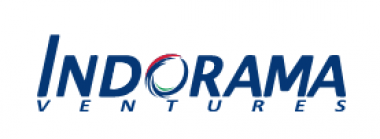EREMA Gruppe and Borealis: K 2022 preview
On June 13, EREMA Group and Borealis invited representatives of the international plastics and recycling trade press to Upper Austria for a sneak preview of the technological developments and lighthouse projects that the companies will present at K 2022, the plastics industry's international meeting place. The venue for the pre-K event was EREMA Group headquarters in Ansfelden.
EREMA Group K 2022 preview
In Düsseldorf, the subsidiaries of the EREMA Group - which are EREMA, PURE LOOP, UMAC, 3S, KEYCYCLE and PLASMAC - will present their technological innovations, services and support together at a Group trade fair stand for the first time. Seven new recycling systems and components will be presented that enable large-scale plants with a production capacity of up to 6 t/h while setting a milestone in recyclate quality and process stability. This is made possible by technological innovations in the plasticizing unit that have been specially developed for high throughputs with low specific energy consumption, the new EREMA 406 laser filter with a 50 percent larger screening area, and new digital assistance systems that will be launched at K 2022 and made available on the BluPort® customer platform. These include, for example, the PredictOn app, which helps to anticipate and eliminate imminent malfunctions based on continuous measurement and evaluation of machine data.
New series of machines for new target groups
For customers looking for rapidly available recycling systems for simple applications, EREMA Group subsidiary UMAC has an innovation in store for K 2022. The company, which has so far specialised in refurbishing and trading in previously owned equipment, is expanding its business area and in Düsseldorf will launch READYMAC, a standardised, prefabricated recycling solution that can be produced from stock, based on proven EREMA TVE technology.
Finally, in the inhouse recycling segment, PURE LOOP and PLASMAC will round off the wide range of machines offered by the group of companies with their product portfolio.
Live recycling and lighthouse projects at the Circonomic Center
In the outdoor area of the K show, EREMA will bring plastics recycling to life with live demonstrations in conjunction with cooperation partners. Different waste streams are processed for this purpose. The wide variety of high-quality applications for recyclate will be showcased in the "products made of recyclate" exhibition, ranging from technical components to consumer goods and food packaging.
Borealis – accelerating the transition towards a more circular future
Borealis is committed to using their expertise and global reach to advance the circular economy of plastics. At the joint Pre-K 2022 kick-off on June 13, Borealis provided a preview of their integrated way of circular thinking and featured topics and activities at the K Fair 2022 in October. The preview covered new technologies and innovations including new packaging and infrastructure applications of the Bornewables™ portfolio of circular polyolefin products, manufactured with renewable feedstocks. New applications for Design for Recyclability, Re-Use, chemical recycling and advanced mechanical recycling were also on display.






